The Papal Conclave: How Pope Francis' Legacy Will Shape The Election
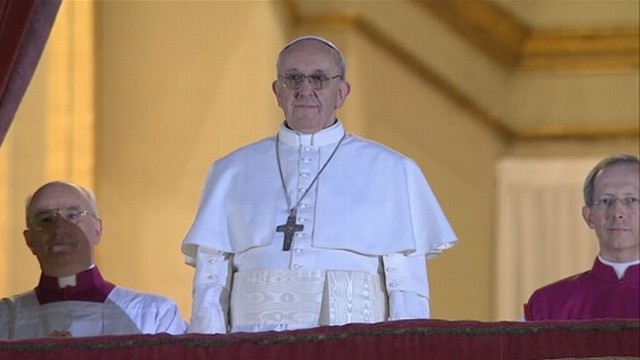
Table of Contents
Francis's Theological and Pastoral Emphasis
Pope Francis's papacy has been defined by a distinct theological and pastoral approach, significantly impacting the upcoming Papal Conclave. His emphasis on specific areas will undoubtedly influence the cardinals' deliberations and the profile of the next Pope.
Focus on Mercy and Inclusivity
Pope Francis emphasized mercy and compassion, particularly towards marginalized groups. This focus on a more inclusive and merciful Church will likely be a crucial factor in the selection of his successor. Cardinals will undoubtedly consider candidates who demonstrate a similar pastoral approach.
- Examples of Francis's actions demonstrating mercy and inclusivity:
- The publication of Amoris Laetitia, addressing the pastoral care of families, particularly those in irregular marital situations.
- His outreach to LGBTQ+ individuals, emphasizing accompaniment and pastoral care rather than condemnation.
- His strong focus on environmental issues and social justice, advocating for the poor and vulnerable.
This emphasis on mercy and inclusivity has resonated deeply with many within the Church, but it has also faced resistance from more conservative factions. The conclave will be a test of the strength of this pastoral approach and its acceptance within the College of Cardinals. The next Pope's approach to these sensitive issues will be a defining characteristic of their pontificate.
Reform of the Curia and Church Governance
Francis's efforts to reform the Vatican bureaucracy, address financial scandals, and promote greater transparency and accountability have been a defining feature of his papacy. These reforms will significantly influence the selection process. Cardinals will likely prioritize candidates who can continue and deepen these vital reforms.
- Specific examples of reforms initiated by Francis:
- Establishment of the Secretariat for the Economy to improve financial management.
- Creation of new dicasteries (departments) to streamline Vatican administration.
- Increased emphasis on transparency and accountability in Vatican finances.
While some reforms have faced challenges and resistance, the cardinals will likely appreciate a candidate demonstrating a commitment to continued reform and modernization of the Church's governance. The ability to navigate the complex dynamics within the Curia and implement lasting change will be a key consideration.
Geopolitical Considerations and the Global Church
The challenges facing the Catholic Church globally will heavily influence the cardinals' decisions in the Papal Conclave. The next Pope must be capable of navigating these complex issues and leading the Church in a rapidly changing world.
The Church in a Changing World
The Catholic Church faces numerous challenges globally, including secularization in the West, religious persecution in various parts of the world, and increasing political polarization. The next Pope will need to address these complexities effectively.
- Specific global challenges facing the Church:
- Declining church attendance and religious practice in many Western countries.
- Intensified religious persecution in some regions, particularly in the Middle East and Africa.
- The increasing influence of secular ideologies and values on society.
The cardinals will need to consider a candidate with a strong understanding of these global issues and the ability to articulate a compelling vision for the Church's future in a complex and ever-changing world. The capacity for diplomatic engagement and interfaith dialogue will be crucial attributes.
Regional Representation and Diversity
Pope Francis's emphasis on a more geographically diverse Church might lead to the election of a Pope from a non-European nation. This reflects a growing awareness of the global nature of the Catholic Church and the importance of representation from different regions.
- Potential candidates from different regions: Candidates from Latin America, Africa, and Asia are being discussed.
- The selection of a Pope from a non-European nation would signify a significant shift in the Church's demographics and potentially change its focus and priorities. This would reflect the Church's increasing global presence and the need for a leader who understands and represents its diverse communities worldwide.
Key Issues Facing the Next Pope
The next Pope will inherit a Church facing numerous internal and external challenges. Understanding these issues will be crucial in assessing potential candidates and predicting the future direction of the Church.
Theological Debates and Doctrinal Clarity
Several theological debates within the Church will require the new Pope's attention and leadership. His position on these issues will shape the direction of theological discourse and potentially impact Church unity.
- Key theological debates within the Church:
- Debates surrounding the interpretation of Amoris Laetitia and its implications for communion for the divorced and remarried.
- Discussions on the role of women in the Church and the possibility of female ordination.
- Ongoing dialogues on ethical issues, such as climate change, capital punishment, and bioethics.
The next Pope will need to provide clear and nuanced leadership on these matters, addressing diverse viewpoints within the Church and seeking to foster dialogue and understanding.
Internal Divisions and Church Unity
The Catholic Church faces internal divisions on various issues, ranging from theological interpretations to liturgical practices. The next Pope will need to address these divisions and strive to foster unity and harmony within the Church.
- Examples of internal divisions within the Church:
- Differing views on liturgical reforms and traditionalist movements.
- Tensions between progressive and conservative factions on moral and social issues.
- Disagreements on the best approaches to evangelization in different cultural contexts.
The ability to bridge these divides and build consensus will be a crucial requirement for the next Pope. A candidate who can demonstrate strong leadership, pastoral skills, and a commitment to fostering inclusivity will be best suited to this challenge.
Conclusion
The upcoming Papal Conclave will be a pivotal moment in the history of the Catholic Church. Pope Francis's profound impact, marked by his emphasis on mercy, reform, and global outreach, will undoubtedly shape the selection of his successor. The next Pope will inherit a Church grappling with significant challenges, demanding a leader capable of navigating complex theological debates, fostering unity, and addressing the needs of a changing world. Understanding the legacy of Pope Francis is crucial to predicting the direction of the Church under his successor. Therefore, further analysis of the Papal Conclave and its implications is vital to understanding the future of the Catholic Church. Stay informed about this crucial event and its impact on the global Catholic community. Follow the developments of the Papal Conclave closely to understand the future direction of the Catholic Church.

Featured Posts
-
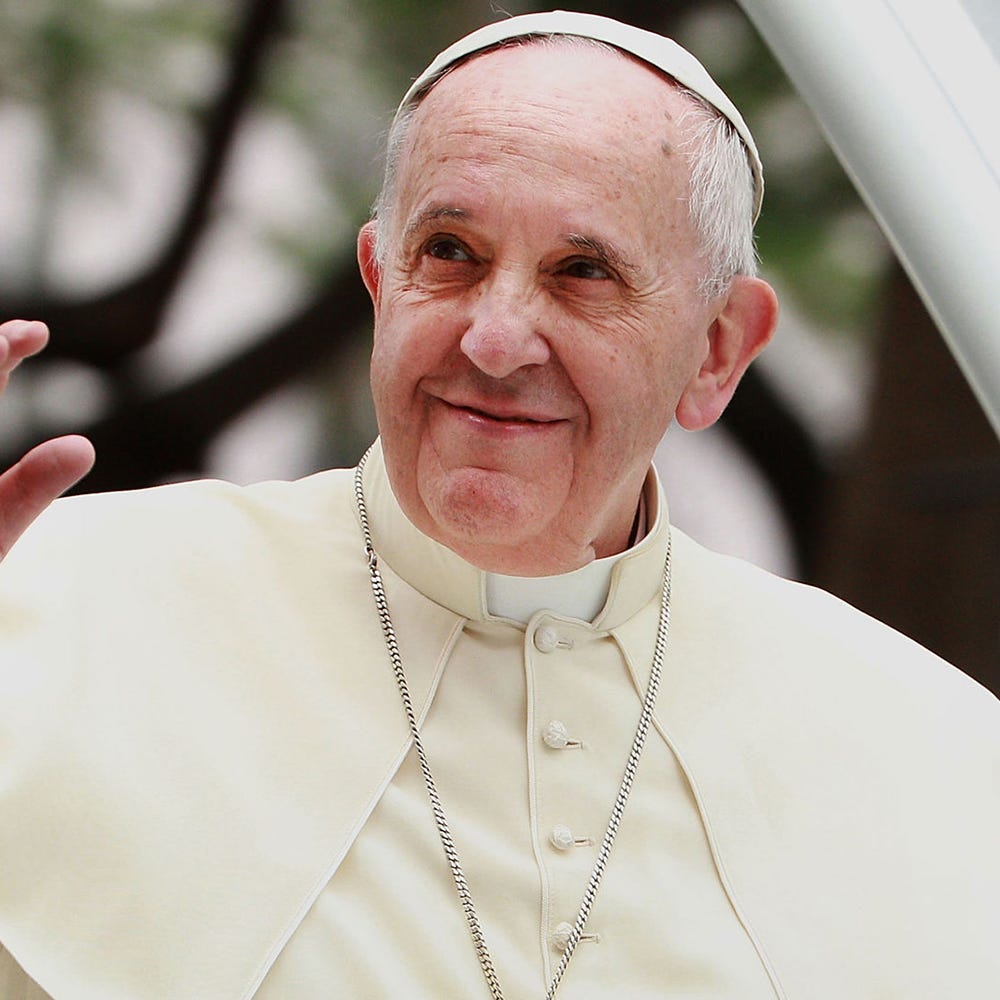 Pope Francis 1936 2024 A Life Dedicated To Compassion
Apr 22, 2025
Pope Francis 1936 2024 A Life Dedicated To Compassion
Apr 22, 2025 -
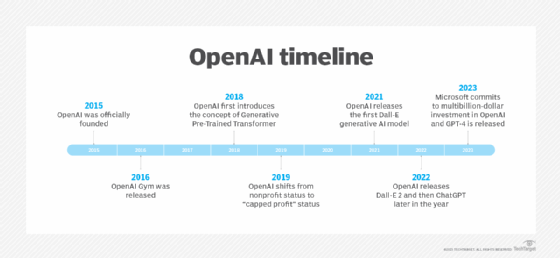 Revolutionizing Voice Assistant Development Open Ais 2024 Announcements
Apr 22, 2025
Revolutionizing Voice Assistant Development Open Ais 2024 Announcements
Apr 22, 2025 -
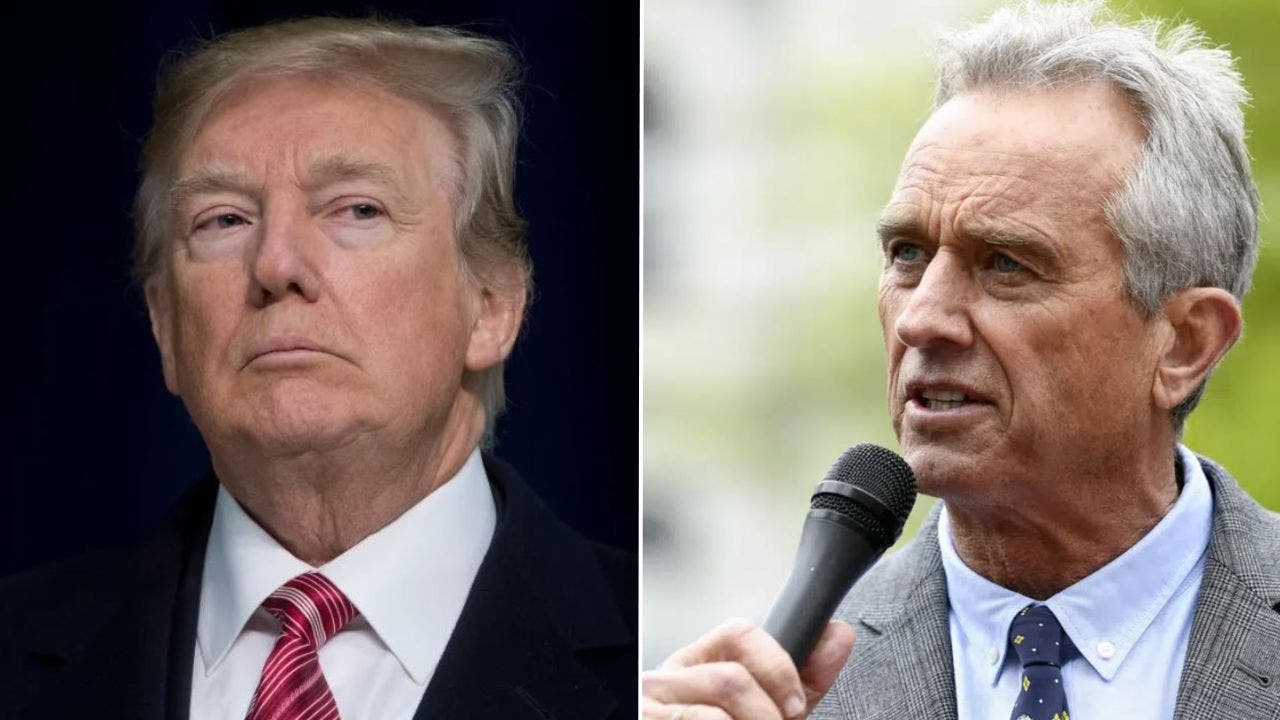 Obamacares Supreme Court Fate How Trumps Defense Could Help Rfk Jr
Apr 22, 2025
Obamacares Supreme Court Fate How Trumps Defense Could Help Rfk Jr
Apr 22, 2025 -
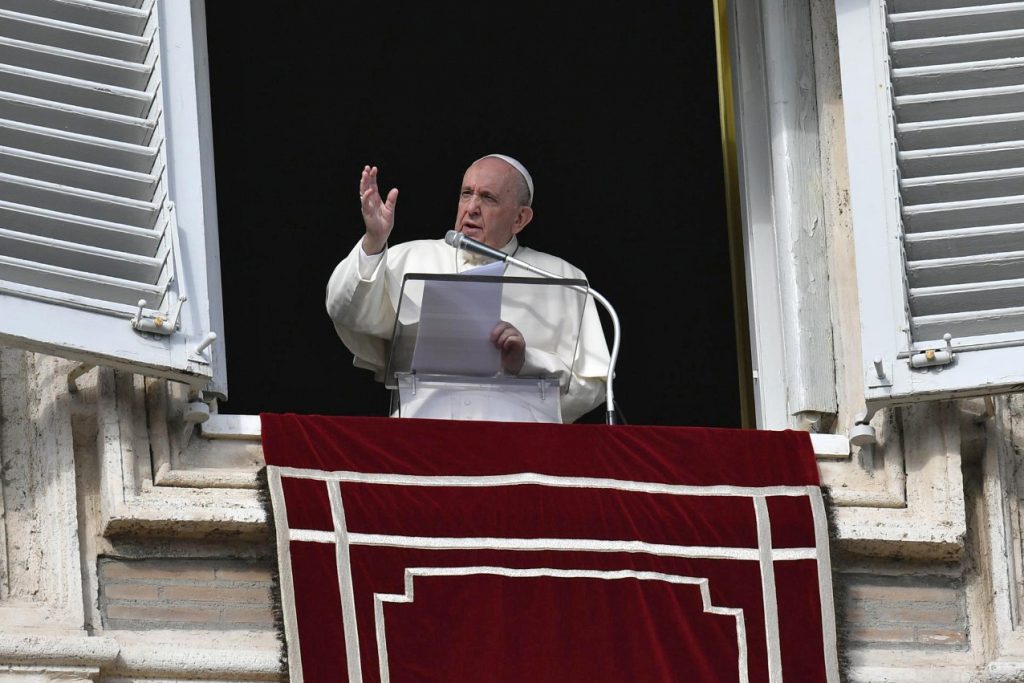 The Legacy Of Pope Francis Compassion Reform And Global Impact
Apr 22, 2025
The Legacy Of Pope Francis Compassion Reform And Global Impact
Apr 22, 2025 -
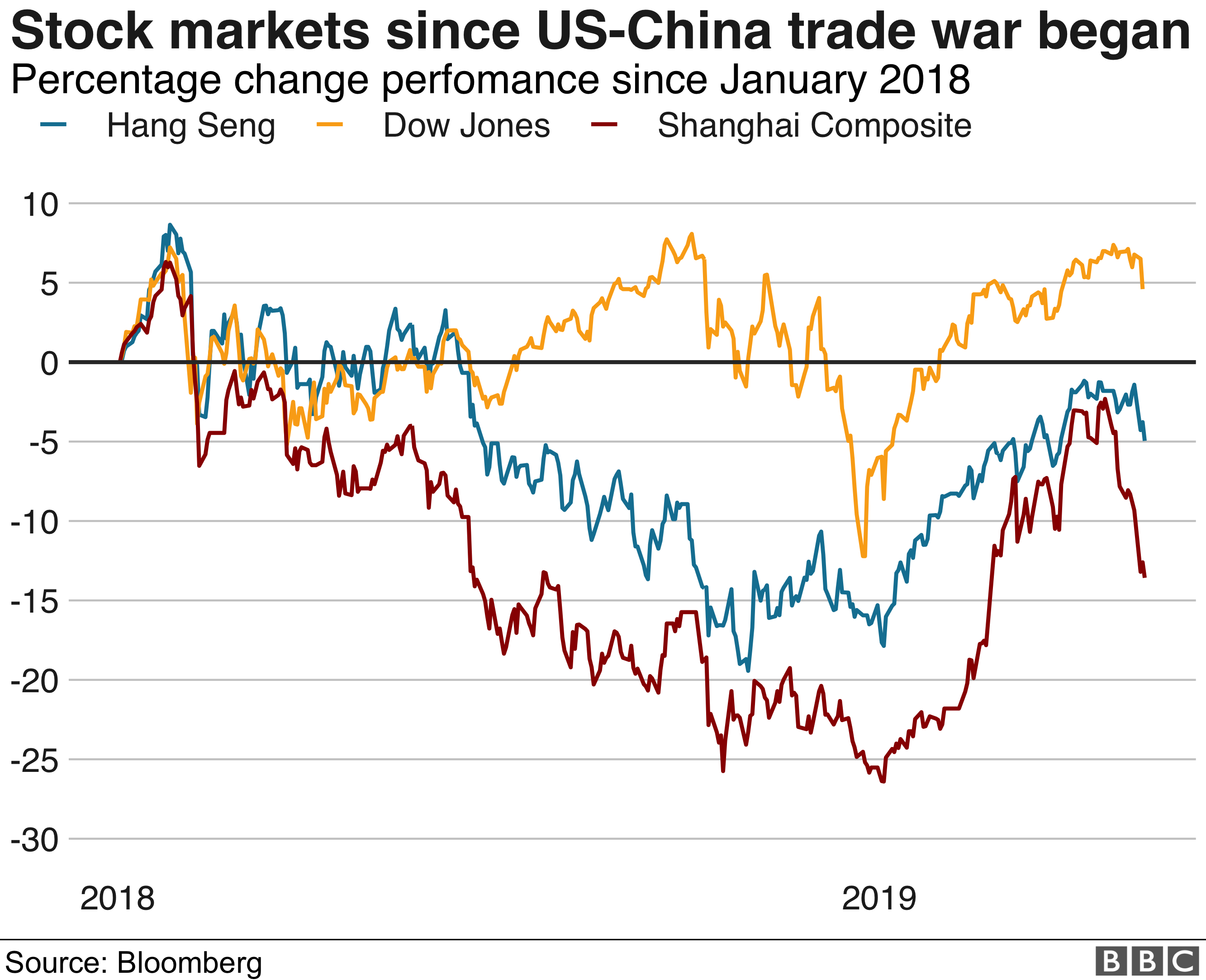 Stock Market Today Dow Futures Dollar And Trade War Impact
Apr 22, 2025
Stock Market Today Dow Futures Dollar And Trade War Impact
Apr 22, 2025
